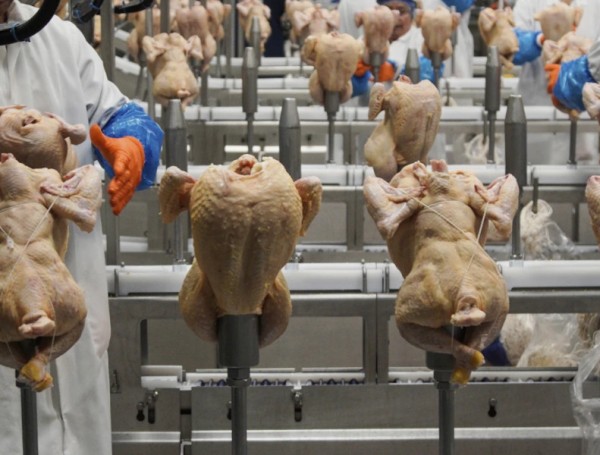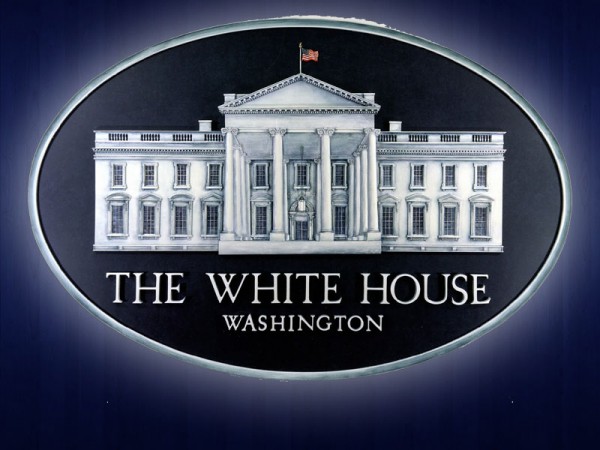CAPE TOWN, South Africa (AP) — Thousands protested in Mozambique's capital on Thursday and security forces responded by firing tear gas and rubber bullets, as weeks of post-election unrest continued in the southern African country.
The protests were sparked by a vote last month that will keep the ruling party in power for more than a half-century amid allegations of rigging.
Opposition parties and many citizens have rejected the results of the Oct. 9 presidential election as fraudulent and growing protests in the capital, Maputo, and other cities have been met by deadly force from police. Thursday's protest was the biggest yet.
International rights groups say at least 20 people have been killed by police since the unrest began nearly a month ago, while local groups say the death toll is more than 50. Authorities are threatening to deploy the army as protesters set fires on the streets and burn ruling party offices.
The internet is being restricted and social media sites have been blocked, according to Human Rights Watch. Neighboring South Africa has shut its border post with Mozambique and heightened security around it.
The candidate for the ruling Front for the Liberation of Mozambique, Daniel Chapo, was declared the winner of the presidential election on Oct. 24. That keeps the party that has governed Mozambique since independence from Portugal in 1975 in power for another five years.
Even before the results were announced, opposition parties claimed fraud, accusing the ruling party, known as Frelimo, of ballot stuffing, manipulating voter lists and staffing polling stations with officials loyal to it. Frelimo has long been accused of rigging elections in the country of around 34 million.
The European Union's observer team said there were irregularities in the election, including the altering of some results. Mozambican media has reported that the Constitutional Council, the supreme body for election law, has asked the commission that ran the election to explain discrepancies.
Independent candidate Venancio Mondlane, who was second behind Chapo in the official results, has led criticism of the vote. He called for a national strike and for people to stay at home in the days after the election in protest at the alleged tampering. But the mood changed when two senior opposition figures were killed in their car in a late-night shooting by unidentified gunmen on Oct. 18.
The men who were killed were the lawyer for Mondlane and the official spokesperson for the political party that supported Mondlane in the election. Mondlane said they were assassinated and he and opposition supporters gathered near the site of the killings the day after to protest. Police fired tear gas canisters at Mondlane, his aides and journalists who were interviewing him, forcing them to flee.
Since then, there have been waves of protests across the country. In one city, protesters toppled and cut the head off a statue of current President Filipe Nyusi, who is stepping down after serving a maximum two terms.
Mondlane said on social media that he had gone into exile in fear for his life after the killing of his lawyer. His whereabouts are unknown, but he has called on social media for more protests “so that we can then be freed from these shackles that have held us up for 50 years.”
Authorities have said little other than the protests have been violent and needed to be quelled. They have not given information on the number of people killed or injured in the protests.
Rights groups accused the police of shooting at peaceful protests in the days after the election and said children were among the victims. Anger among opposition supporters has swelled. The presidential palace is under heavy guard.
Mozambique is still in the shadow of a bloody 15-year civil war the leftist Frelimo fought against rebel group Renamo after independence. The country only held its first elections in 1994 and this was the first vote where there were no armed groups connected to political parties after a process to disarm militias.
The country, which has rich natural resources including large, newly discovered natural gas fields, was already struggling with a yearslong insurgency by an Islamic State-affiliated group in the northern province of Cabo Delgado.
Mondlane, who broke away from Renamo, has support among Mozambique's disaffected youth and he and the new Podesa party that is backing him have become the biggest challenge to Frelimo's long rule.
___
AP Africa news: https://apnews.com/hub/africa




















